Trisopt Ophthalmic Suspension 5 ml
MRP ₹502.5
(Inclusive of all Taxes)
₹75.4 Cashback (15%)
Provide Delivery Location
Online payment accepted
 Prescription drug
Prescription drugWhats That
Composition :
Manufacturer/Marketer :
Consume Type :
Expires on or after :
Return Policy :
About Trisopt Ophthalmic Suspension 5 ml
Trisopt Ophthalmic Suspension 5 ml belongs to a class of anti-glaucoma agents used to treat increased pressure in the eye in conditions such as glaucoma (damage of optic nerve) and ocular hypertension (high fluid pressure inside the eye). Glaucoma is an eye condition that causes damage to the optic nerve (essential for good vision) due to abnormally increased pressure in the eye. Ocular hypertension is increased pressure in the eye due to poor drainage of aqueous humour (fluid in the eye that maintains normal pressure by its continuous flow).
Trisopt Ophthalmic Suspension 5 ml is a combination of two drugs, namely Brinzolamide (carbonic anhydrase inhibitor) and Timolol (beta-blocker). Trisopt Ophthalmic Suspension 5 ml works by decreasing the secretion of aqueous humour (a liquid that maintains normal pressure in the eyeball) by the ciliary body into the eyeball and lowers the pressure in the eye by reducing aqueous humour entry into the eyeball.
Use Trisopt Ophthalmic Suspension 5 ml as advised by your doctor. Trisopt Ophthalmic Suspension 5 ml is only for use in eyes. Do not swallow or inject Trisopt Ophthalmic Suspension 5 ml. Your doctor will advise you how many drops to instil based on your medical condition. In some cases, you may experience redness, burning, itching, tearing or irritation in the eyes, blurred vision or eye pain. Most of these side effects of Trisopt Ophthalmic Suspension 5 ml do not require medical attention and gradually resolve over time. However, if the side effects worsen or persist, please consult your doctor.
If you are allergic to Trisopt Ophthalmic Suspension 5 ml or any other medicines, please tell your doctor. Trisopt Ophthalmic Suspension 5 ml is not recommended for children below 18 years of age. You are advised to remove soft contact lenses before using Trisopt Ophthalmic Suspension 5 ml as it may cause discolouration of the soft contact lens. If you get any new eye problem, eye infection or notice any allergic reactions such as itching or redness of the eye and skin rash, please consult your doctor immediately. You are advised to maintain 5 minutes time gap between using Trisopt Ophthalmic Suspension 5 ml and other eye drops.
Uses of Trisopt Ophthalmic Suspension 5 ml
Directions for Use
Key Benefits
Trisopt Ophthalmic Suspension 5 ml contains Brinzolamide (carbonic anhydrase inhibitor) and Timolol (beta-blocker). Trisopt Ophthalmic Suspension 5 ml decreases the secretion of aqueous humor (a liquid that maintains normal pressure in the eyeball) by the ciliary body into the eyeball and lowers the pressure in the eye by reducing aqueous humor entry into the eyeball.
Storage
- To the affected part, apply warm compresses to get a temporary relief.
- Rinse your eye carefully with clean water and try to blow any dust particle that could have entered.
- Take over the counter medication to lubricate your eye or if there is pain due to allergy to soothe the eye.
- If there is persistent pain in your eye, consult your doctor and follow the medication immediately.
- Regularly brush and floss your teeth.
- Rinse your mouth with water and baking soda a solution to neutralize acid in the mouth. This makes your food taste as it should.
- Drink plenty of water or non-caffeinated drinks to prevent dry mouth which may lead to altered taste.
- Try ginger, peppermint, fruit or green teas, lemonade, ginger ale or fruit juice to help mask unpleasant tastes.
- Try sucking on sugar-free ice pops or ice cubes to prevent dry mouth.
Drug Warnings
If you are allergic to Trisopt Ophthalmic Suspension 5 ml or any other medicines, please tell your doctor. Trisopt Ophthalmic Suspension 5 ml is not recommended for children below 18 years of age. You are advised to remove soft contact lenses before using Trisopt Ophthalmic Suspension 5 ml as it may cause discolouration of the soft contact lens. If you get any new eye problem, an eye infection, or notice any allergic reactions such as itching or redness of the eye and skin rash, please consult your doctor immediately. You are advised to maintain 5 minutes time gap between using Trisopt Ophthalmic Suspension 5 ml and other eye drops. Do not touch the container tip to the eye, eyelids, or surrounding areas as it may contaminate Trisopt Ophthalmic Suspension 5 ml and cause eye infections.
Drug-Drug Interactions
Drug-Drug Interactions
Login/Sign Up
Taking Trisopt Ophthalmic Suspension 5 ml with Choline salicylate may increase the risk of side effects.
How to manage the interaction:
Although taking Trisopt Ophthalmic Suspension 5 ml and Choline salicylate together can result in an interaction, they can be taken together if prescribed by a doctor. However, if you experience ringing in your ears, headache, vomiting, dizziness, or palpitations, consult a doctor. Do not stop using any medications without consulting a doctor.
Concomitant use of Trisopt Ophthalmic Suspension 5 ml with sodium salicylate may cause ringing in the ears, nausea, vomiting, headache, dizziness, confusion, hallucinations, rapid breathing, fever, and seizure (convulsions).
How to manage the interaction:
Although there is an interaction, Trisopt Ophthalmic Suspension 5 ml should be used with sodium salicylate only if prescribed by the doctor. However, if you experience ringing in the ears, vomiting, headache, dizziness, or fever, contact your doctor immediately. Do not stop using any medications without consulting your doctor.
Concomitant use of Trisopt Ophthalmic Suspension 5 ml with salsalate can increase the risk of side effects.
How to manage the interaction:
Although there is an interaction, Trisopt Ophthalmic Suspension 5 ml should be used with salsalate only if prescribed by the doctor. Consult a doctor immediately if you experience ringing in the ears, vomiting, headache, dizziness, and fever. Do not stop using any medications without first talking to your doctor.
Coadministration of Trisopt Ophthalmic Suspension 5 ml with diflunisal can increase the risk of side effects.
How to manage the interaction:
Although there is an interaction, Trisopt Ophthalmic Suspension 5 ml should be used with diflunisal only if prescribed by the doctor. Consult a doctor if you experience vomiting, headache, dizziness, or fever. Do not stop using any medications without first talking to your doctor.
Coadministration of Trisopt Ophthalmic Suspension 5 ml with Aspirin may cause side effects.
How to manage the interaction:
Although there is a possible interaction between aspirin and Trisopt Ophthalmic Suspension 5 ml, you can take these medicines together if prescribed by a doctor. However, if you experience ringing in your ears, headache, vomiting, dizziness, or palpitations, please contact a doctor. Do not stop using any medications without talking to a doctor.
Co-administration of Clonidine and Trisopt Ophthalmic Suspension 5 ml together may lower the blood pressure.
How to manage the interaction:
Although there is a possible interaction between Clonidine and Trisopt Ophthalmic Suspension 5 ml, you can take these medicines together if prescribed by your doctor. However, if you experience headaches, slow heartbeat, dizziness, or feeling like you might pass out, contact a doctor. Do not discontinue any medications without consulting a doctor.
Co-administration of atazanavir with Trisopt Ophthalmic Suspension 5 ml can increase the risk of irregular heart rhythm.
How to manage the interaction:
Although taking atazanavir and Trisopt Ophthalmic Suspension 5 ml together can possibly result in an interaction, it can be taken if your doctor has advised it. However, if you experience symptoms such as sudden dizziness, lightheadedness, fainting, or irregular heartbeat consult a doctor immediately. Do not discontinue any medications without consulting a doctor.
Co-administration of Salmeterol with Trisopt Ophthalmic Suspension 5 ml can decrease the action of both the medications, can increase the risk or severity of side effects including increased risk of asthma, breathing problems.
How to manage the interaction:
Although taking salmeterol and Trisopt Ophthalmic Suspension 5 ml together can possibly result in an interaction, it can be taken if your doctor has advised it. However, if you experience any unusual symptoms consult a doctor immediately. Do not discontinue any medications without consulting a doctor.
Co-administration of Pirbuterol with Trisopt Ophthalmic Suspension 5 ml can decrease the action of both the medications, can increase the risk or severity of side effects including increased risk of asthma, breathing problems.
How to manage the interaction:
Although taking pirbuterol and Trisopt Ophthalmic Suspension 5 ml together can possibly result in an interaction, it can be taken if your doctor has advised it. However, if you experience any unusual symptoms consult a doctor immediately. Do not discontinue any medications without consulting a doctor.
Co-administration of ceritinib with Trisopt Ophthalmic Suspension 5 ml can increase the risk of irregular heart rhythm.
How to manage the interaction:
Although taking certinib and Trisopt Ophthalmic Suspension 5 ml together can possibly result in an interaction, it can be taken if your doctor has advised it. However, if you experience symptoms such as dizziness, lightheadedness, fainting, or irregular heartbeat, consult a doctor immediately. Do not discontinue any medications without consulting a doctor.
Drug-Food Interactions
Drug-Food Interactions
Login/Sign Up
Diet & Lifestyle Advise
- Avoid intake of baked foods such as cakes, cookies, donuts, or fried items such as French fries and stick margarine as these foods may worsen glaucoma and damage the optic nerve.
- Cut down your coffee intake as it may increase pressure in the eye and replace coffee with green tea.
- Avoid exercises such as any position where the head is lower than the body like an inverted yoga pose as it may increase pressure in the eye. Doing selective exercises is advised for glaucoma patients.
Side Effects of Trisopt Ophthalmic Suspension 5 ml
- Redness, burning, itching, tearing or irritation in the eyes
- Blurred vision
- Eye pain
Habit Forming
Therapeutic Class
All Substitutes & Brand Comparisons
Author Details
We provide you with authentic, trustworthy and relevant information
Drug-Diseases Interactions
Drug-Diseases Interactions
Login/Sign Up
FAQs
Drug-Drug Interactions Checker List
- QUINIDINE
- AMIODARONE
- PAROXETINE
- FLUOXETINE
- DORZOLAMIDE
- ACETAZOLAMIDE
- ADRENALINE
Special Advise
You are recommended to avoid wearing contact lenses while using Trisopt Ophthalmic Suspension 5 ml as it may cause discolouration of soft contact lenses.
Disease/Condition Glossary
Glaucoma is an eye condition that causes damage to the optic nerve (essential for good vision) due to abnormally increased pressure in the eye. If it is not treated in time, it may cause blindness. Usually, there are no symptoms of glaucoma initially except the slow loss of vision gradually. However, some symptoms include visible rainbow-coloured circles around bright lights or blurred vision. Rarely glaucoma can develop suddenly with intense pain in the eye, visual disturbance, or nausea. Ocular hypertension is a condition caused due to poor drainage of aqueous humor (fluid in the eye that maintains normal pressure by its continuous flow). This leads to the build-up of excess fluid in the eye resulting in increased pressure inside the eye without any damage to the optic nerve. If ocular hypertension is not controlled, it may lead to glaucoma.

Have a query?
Alcohol
Safe if prescribed
Interaction of alcohol with Trisopt Ophthalmic Suspension 5 ml is unknown. Please consult a doctor before consuming alcohol with Trisopt Ophthalmic Suspension 5 ml.
Pregnancy
Consult your doctor
Trisopt Ophthalmic Suspension 5 ml is a Category C pregnancy drug and is not recommended for use during pregnancy unless your doctor considers it essential.
Breast Feeding
Consult your doctor
Avoid breastfeeding while taking Trisopt Ophthalmic Suspension 5 ml. Please consult a doctor before using Trisopt Ophthalmic Suspension 5 ml in breastfeeding mothers.
Driving
Safe if prescribed
Trisopt Ophthalmic Suspension 5 ml may cause blurred vision in some people. So, drive only when your vision is clear after using Trisopt Ophthalmic Suspension 5 ml.
Liver
Consult your doctor
If you have any concerns regarding the use of Trisopt Ophthalmic Suspension 5 ml in patients with liver problems, please consult a doctor.
Kidney
Consult your doctor
If you have any concerns regarding the use of Trisopt Ophthalmic Suspension 5 ml in patients with kidney problems, please consult a doctor.
Children
Safe if prescribed
Trisopt Ophthalmic Suspension 5 ml is not recommended for children below 18 years of age as the safety and effectiveness were not established.











